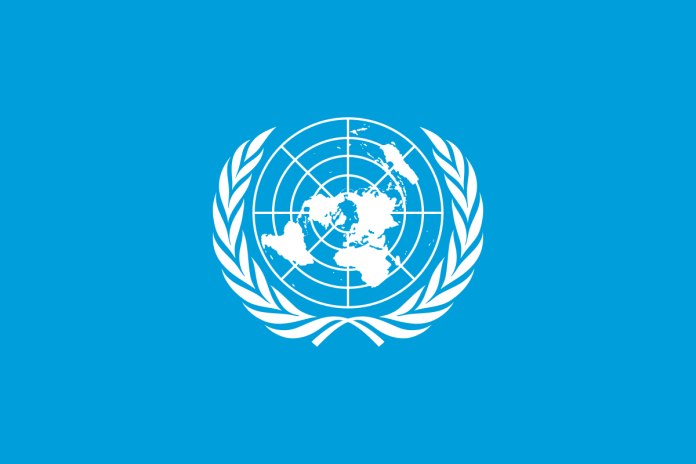The United Nations World Food Programme (WFP) has raised fresh concerns over an unprecedented hunger crisis sweeping across Nigeria and other countries in West and Central Africa, warning that 52 million are now at risk.
According to the WFP, a deadly combination of armed conflict, internal displacement, harsh economic conditions, and recurring extreme weather events is driving the region towards what could be its worst food crisis in recent history.
As of now, no fewer than 36 million people are already struggling to meet basic food needs. The figure is projected to surge between June and August, with almost three million facing emergency levels of hunger and some 2,600 people in Mali on the brink of starvation.
Despite the scale of the crisis, funding gaps are crippling response efforts. According to WFP’s Regional Director for West and Central Africa, Margot van der Velden, “Without immediate funding, WFP will be forced to further scale down both the number of people it supports and the amount of food it can distribute.”
In Nigeria alone, nearly three million internally displaced persons (IDPs), mostly in the North-East and North-West, are among the most vulnerable. Analysts say worsening insecurity and climate shocks have shattered livelihoods and displaced farming communities.
The WFP revealed that in 2019, only four per cent of the population in the region was food insecure. That number has since ballooned to 30 per cent.
A senior research adviser with the WFP, Ollo Sib, described the situation in the Sahel as “extremely dire”. Speaking in Dakar, he recounted how northern Ghanaian farmers were forced to replant crops multiple times due to unprecedented drought, each failed attempt piling more financial burden as fertiliser and seed prices soared.
In northern Mali, families that once relied on livestock sales to buy food now face blocked market access and skyrocketing prices. “Food costs have gone up by 50 per cent compared to the five-year average,” Sib said.
Nigeria and Cameroon together account for a large portion of the region’s eight million internally displaced people, while Chad, Niger, Mauritania and others are home to over two million refugees and asylum seekers.
Rising fuel and food costs, coupled with climate extremes like floods and droughts, have pushed food inflation to crisis levels in several countries, including Nigeria. WFP says the cumulative effect is wearing down families’ ability to cope.
The agency is seeking $710 million to sustain life-saving operations across West Africa through October, with a target to reach 12 million people. So far, only three million have received help. Without urgent support, five million more will risk being cut off.
WFP is also calling for long-term investment in sustainable farming and resilience-building, noting that its collaboration with regional governments since 2018 has helped restore over 300,000 hectares of land, benefiting four million people in more than 3,400 villages.


